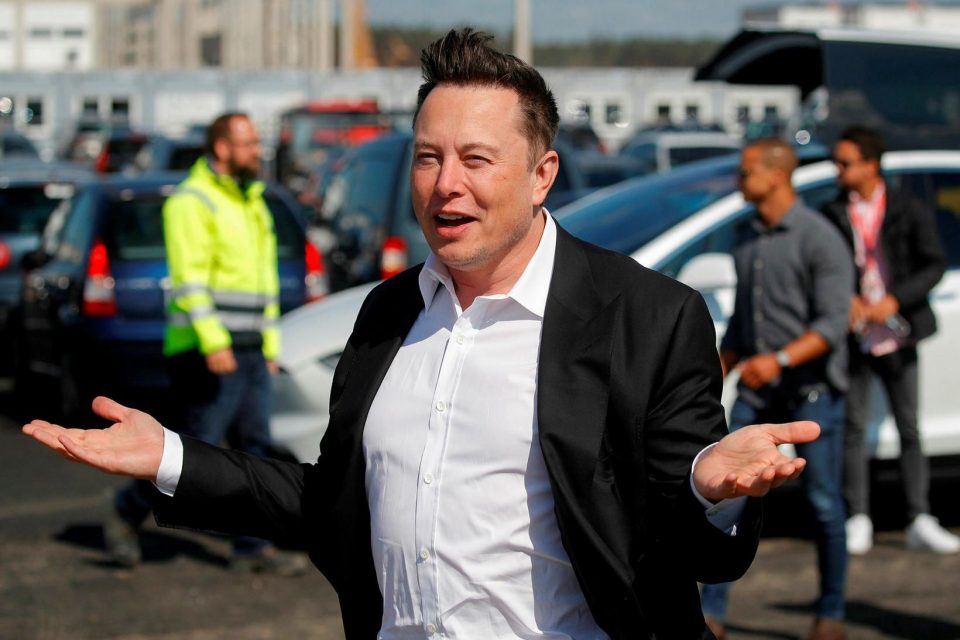Tesla CEO Elon Musk, in what can only be called a sudden ‘U-turn’, announced late on Wednesday that he was reversing course on the decision to use Bitcoin as an acceptable form of payment for the purchase of vehicles. Citing climate change concerns, Musk declared that the electric vehicle manufacturer is suspending purchases with the cryptocurrency, sending its rates down a free fall.
Elon Musk, the chief executive officer of Tesla, took to his official Twitter handle to post a statement: “We are concerned about rapidly increasing use of fossil fuels for Bitcoin mining and transactions, especially coal, which has the worst emissions of any fuel.”
Bitcoin is a cryptocurrency, a decentralised digital currency created as a reward for a process known as ‘mining’, which involves using computers to solve complex mathematical algorithms. As the currency was mined more and more, the algorithms kept getting longer and more complex, and soon average computers failed to keep up. Special computers with colossal processing powers now go into mining Bitcoin. Naturally, these consume a massive chunk of the electricity supply. It is an immensely energy-intensive process that currently often relies on electricity generated with fossil fuels, particularly coal. A 2021 estimate from the University of Cambridge suggests bitcoin consumes more than 178 (TWh) annually, ranking it in the top 30 energy consumers if it were a country.
Moreover, studies claim that Bitcoin stands a significant chance to single-handedly drive global warming, producing enough carbon-dioxide emissions to push the global temperature “above 2°C within less than three decades.” At current rates, such bitcoin “mining” devours about the same amount of energy annually as the Netherlands did in 2019, the latest available data from the University of Cambridge and the International Energy Agency shows.
 Live
Live

